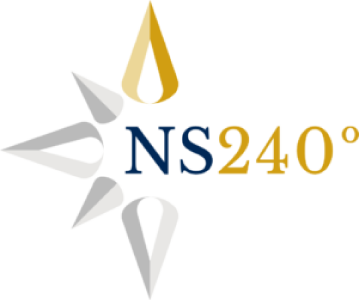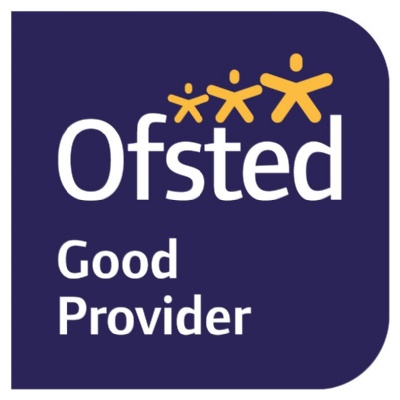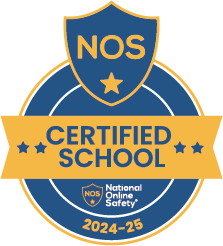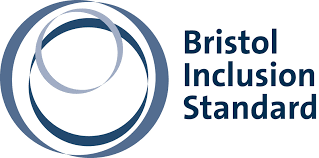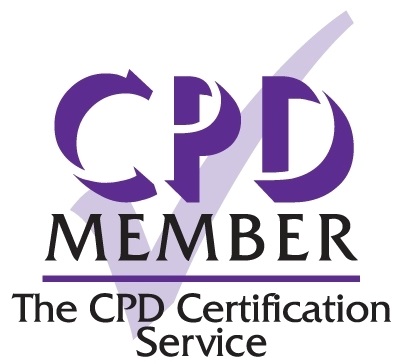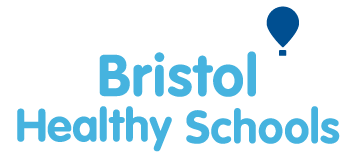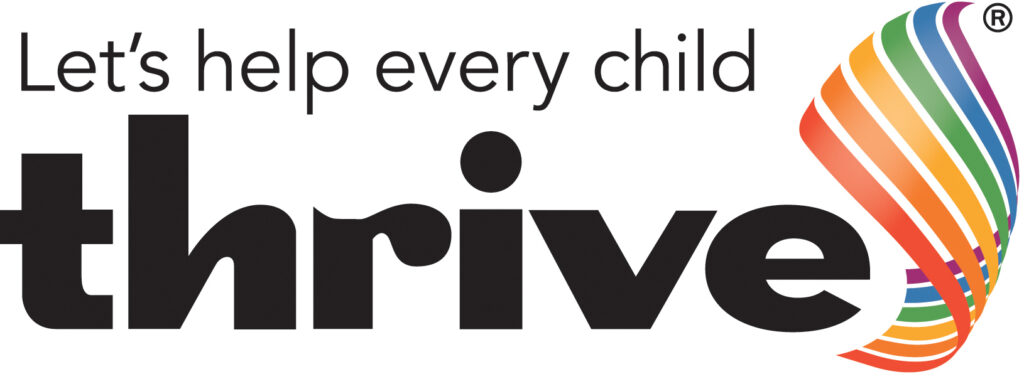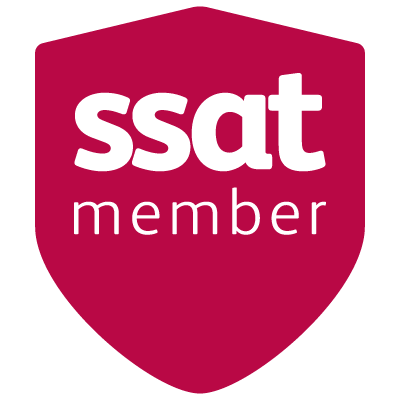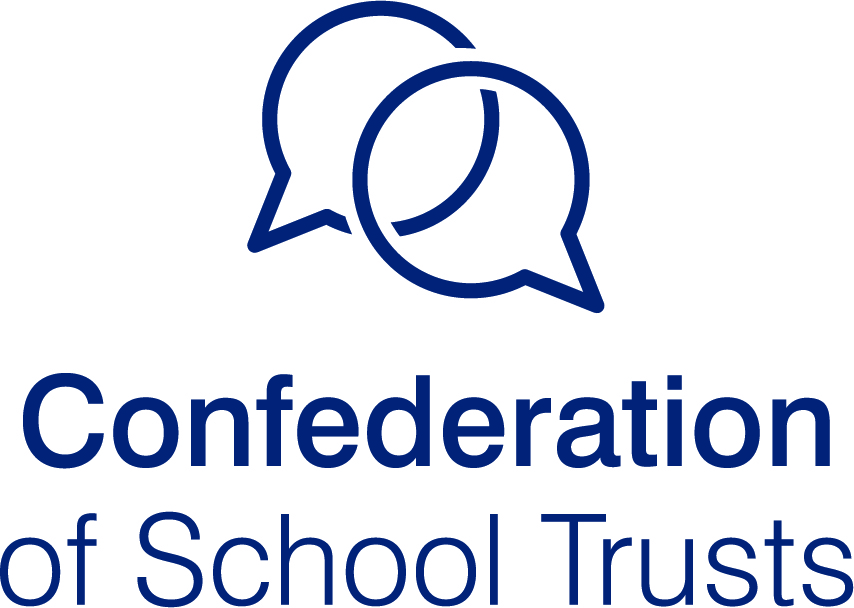English Curriculum Statement
English Statements
Intent:
Our overarching intention is to ensure our English curriculum prepares students for life in the real world so they are able to function as independent individuals in society. To do this we intend to:
- Give our students a secure functional reading and writing age so they can understand and make sense of the world around them;
- Give our students a secure functional reading and writing age so they are not alienated from the communities they live in;
- Develop and apply functional literacy and SPAG skills within their writing;
- Develop their writing for a purpose in a variety of forms (Letter, Email, Diary Entry, Poem);
- Expose our students to a broad spectrum of texts/genres including fiction and nonfiction, designed to strengthen and embed the skills in reading and writing;
- Give our students the skills to explore different text types and enable them to refine their evaluative and analytical literacy skills;
- Develop reading skills through the accelerated reader program, exposing our students to high quality reading resources and opening up our student’s imagination so everyone reads for pleasure;
- Develop clear speaking and listening skills so our students can start and maintain a functional conversation. For some our students they will develop this further through audience, tone and body language;
- Allow all students to leave with an accredited certificate in English that doesn’t preclude from having the opportunity to follow their chosen destination at post 16 and beyond.
Implementation:
Overview:
All our students receive a dedicated English lesson every day, emphasising the value we place on the subject. This is complemented by repetitive literacy-based remembering sessions to ensure key skills are continually developed throughout their school life.
- The English curriculum follows a developmental model which is evidenced through planning, resources and assessment for each individual class and student.
- CPD is offered frequently to all teaching and non-teaching staff. Yearly refresher training for our key programmes: talk for writing, power of reading and accelerated reader.
- Through termly formative assessment we track gaps in knowledge; this is then targeted through high quality teaching and learning.
- Vocabulary and key writing skills are practiced within all curriculum areas, with regular modelled examples shared across all teaching staff.
Writing
- To develop students’ writing and ensure prior knowledge is continually developed. We follow the Talk 4 Writing programme with all of our KS3 students. As students continue through the school their writing is developed using clear and specific performance objectives.
- Quality writing is created by first expanding and developing students’ oral language skills and then teaching the necessary steps for exceptional sentence, paragraph and text construction.
- The ‘Talk for Writing’ approach enables students to read and write independently for a variety of audiences and purposes within different text types and themes.
- Writing at KS4 is developed through short burst writing activities and termly topics focusing on both fiction and nonfiction writing methods.
- Though formative based assessments, our developmental sequencing is monitored termly and evidenced in individual writing folders for each child.
Reading
- Reading across the school is complemented by the Accelerated Reader programme. Through the accelerated reader programme books are banded and set to the specific reading level of each child.
- Reading is promoted daily in KS3 with dedicated reading slots after lunch and within KS4 for thirty minutes each week.
- Reading for pleasure is promoted through weekly reading homework and a student friendly journal.
- Regular comprehension quizzes are used to manage and monitor student’s independent reading practice.
- Teachers monitor accelerated reader and set specific targets to develop students’ ongoing reading practice.
- We have a dedicated reading intervention assistant who specifically targets students who are not reading at age expected.
- Where students are working specifically below their reading age, we have a dedicated intervention timetable for phonic, decoding and comprehension skills.
- All students are exposed to a broad range of texts, complemented by creative teaching approaches.
- All teachers focus on the three main elements of comprehension, analysing and evaluating writer’ methods within their lessons.
Literacy
- Students in KS3 have dedicated SPaG lessons twice a week.
- Spelling misconceptions are targeted through ‘spellings of the week’ in KS3. KS4 addresses
- misconceptions through live marking and direct impact teaching.
- Starter activities are dedicated to personalised literacy skills for each individual.
- Our literacy programme is personalised to each students’ needs following an initial assessment.
- Teachers use varied language which offers students multiple opportunities to hear, see and use unfamiliar words.
- Students RAG rate words and develop their understanding using a dictionary and thesaurus.
- Staff are trained in phonics and students are encourage to use this within their reading and writing.
Speaking and Listening
- Our curriculum offers opportunities for hot seating, role play and discussion-based activities.
- Teachers model effective communication skills within all lessons and everyday encounters.
- Tutor sessions enable opportunities for students to debate and discuss current topics.
- Teachers select questions that are open-ended to allow for opportunities for authentic student response.
- Teachers use ‘the power of the pause’ to develop students’ responses.
Impact
- All students will achieve an accredited qualification in English that will not preclude them from accessing their chosen post 16 destination.
- Our students will have a functional level of English (reading and writing) that enables them to access the workplace and or further education.
- Our students will leave with the literacy skills they need to live and work successfully.
- Our students are not limited because they have the qualification for their future chosen pathway.
- Our students can apply their English knowledge to different situations in everyday life, for example, (Writing a letter, Communicating an idea or argument).
- Our students can communicate information with clear meaning, they can make requests, ask and respond to questions.
- Our students can read and understand important information in everyday situations. (Letters, Bills, Road signs)
- Our students are able to read information to develop their subject knowledge in all areas of the curriculum and further education.
